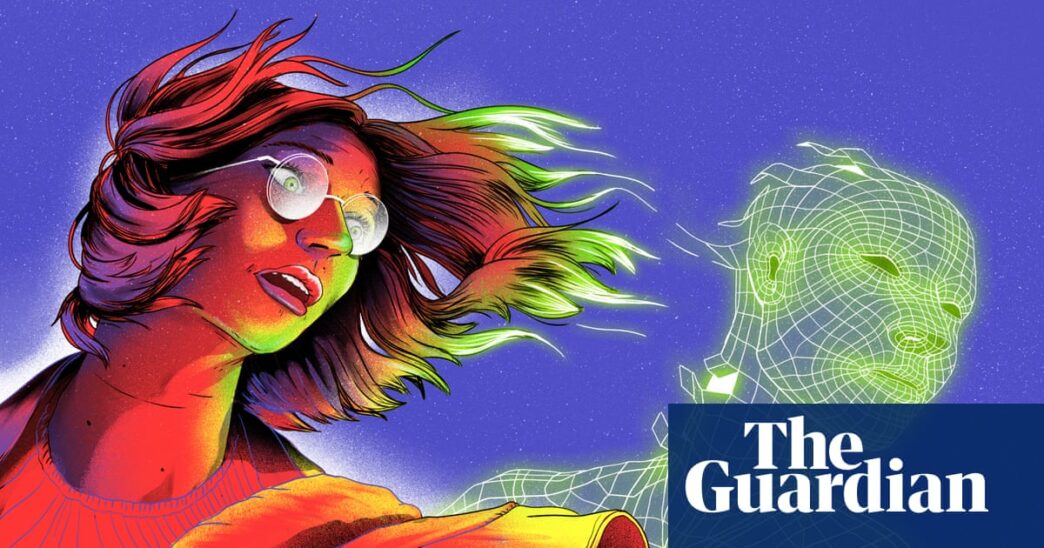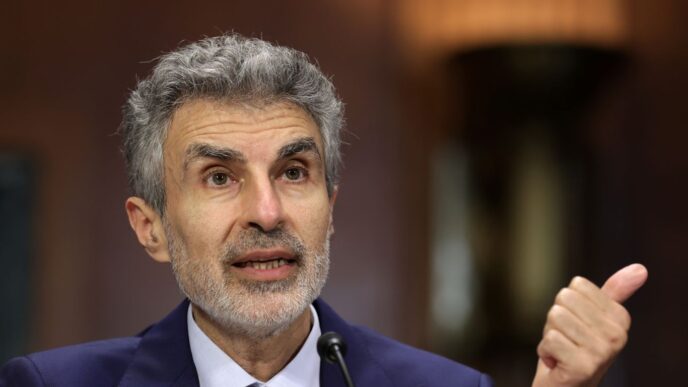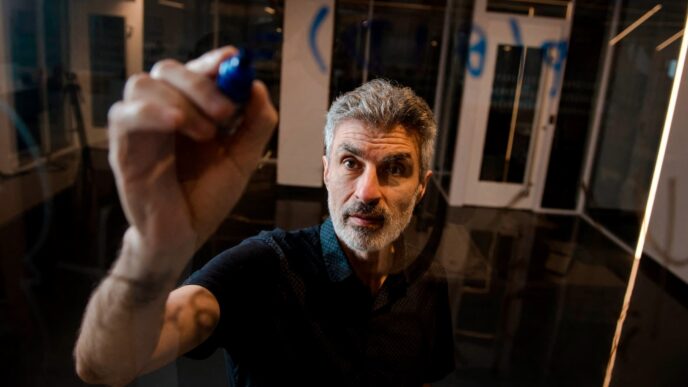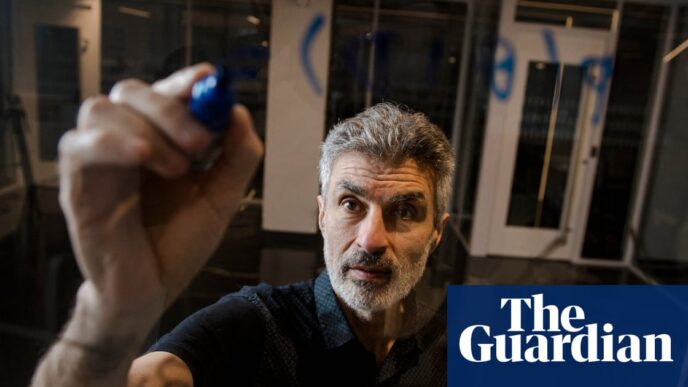Ewan Morrison is sounding the alarm over generative AI. He recently discovered he had “written” a book titled Nine Inches Pleases a Lady—a title generated by ChatGPT when he asked it for a list of his novels. “I’ve only written nine,” Morrison quipped, noting that the AI “decided to invent three.”
Morrison isn’t alone in his skepticism. A growing number of people are refusing to engage with AI, fearing its potential harms. Critics range from tech writers, audiobook narrators, to linguistics professors.
The backlash against AI systems like ChatGPT is gaining traction. Morrison highlighted concerns over creativity and job loss fueled by AI-generated content. He argues that generative AI creates imitation over innovation. “They’re stuck remaking the past,” he stated.
Meanwhile, in the entertainment sector, AI’s encroachment is sparking tensions. Film and audio professionals are alarmed at how their work is evaluated through the lens of generative AI. Audiobook narrator April Doty worries that AI-generated voices risk ruining the industry. “I don’t know anybody who wants a robot to read them a story,” she said.
Concerns extend to environmental impact. Doty criticized the wastefulness of AI processing power, saying, “Whenever you look anything up now you’re basically torching the planet.”
Emily M. Bender, a linguistics professor, encapsulated the sentiment: “I’m not interested in reading something that nobody wrote.” She emphasized the loss of human connection with AI-driven content creation.
Many are left pondering the moral implications. Tom, a government IT worker, feels pressured to use generative AI for competitive edge: “I almost feel I have no choice but to use it at this point. I might have to put morals aside.”
Film-maker Justine Bateman dismissed generative AI as “one of the worst ideas society has ever come up with.” She claimed it undermines essential human abilities and emotional depth.
AI’s role in our lives is increasingly contested, with some iterating the risks of depending on it for routine tasks. Morrison, Bateman, and others are urging a re-evaluation of the technology before it reshapes society irreversibly.
Despite varying opinions, one thing is clear: the conversation around AI is intensifying, and the pushback is gaining momentum.
“I read because I want to understand how somebody sees the world. There’s no ‘somebody’ in the synthetic text-extruding machines.”
— Emily Bender“We keep moving like zombies towards a world that nobody really wants to live in.”
— April Doty“Generative AI is like a blender – you put in millions of examples… Nothing original will come out of it.”
— Justine Bateman














